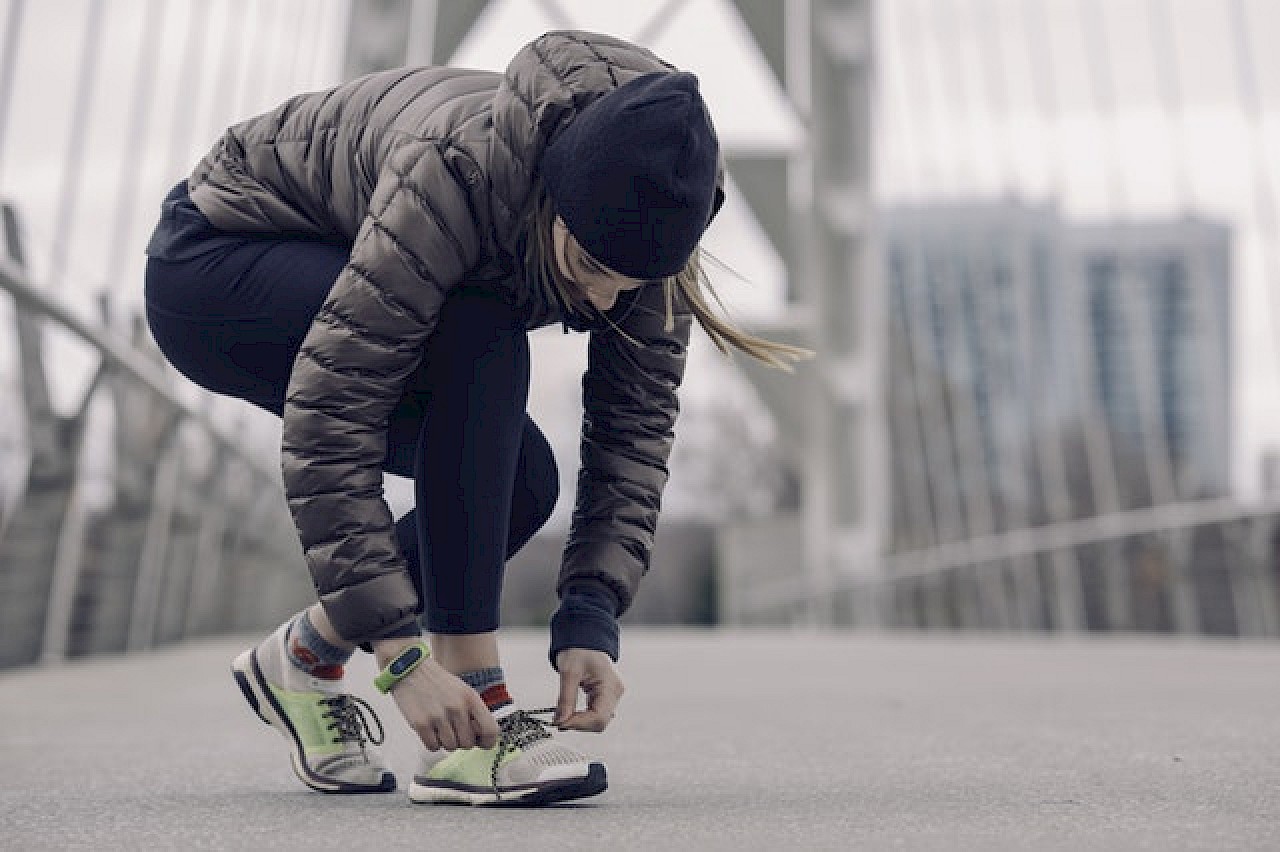SEPTEMBER 2017
If you could do one thing for just a few minutes a day that would save your life, would you make time for it? Though most of us would answer yes to this question, many of us struggle to make time for the things we know would make us healthier.
Take exercise, for example. I understand how busy and tired people feel when they are working and raising children, but if I showed you a photograph of yourself after years of regular exercise versus years without, I believe you’d find time to exercise.
When I say “exercise,” I’m not talking about hitting the gym for an intense, hour-long workout every day or to go out and run five miles. Current guidelines recommend 150 minutes of moderate aerobic exercise per week, or about 30 minutes per day, five days a week. If you walk at a pace that makes you breathe a little harder, but still allows you to carry on a conversation, that’s a great start.
If you haven’t been exercising at all, this may seem like a lot, so begin with small steps. Consider a ten-minute walk during your lunch break or parking your car a little further from your workplace in the morning. Maybe you could walk around the neighborhood after dinner. Small changes can lead to big improvements.
I try my best to practice what I preach. For exercise I like to run. My usual route takes me around Talmage, which is near where I live and where many of my patients also live. I like to run there because the scenery is pleasant, but also so my patients can see that I make time to exercise, even after long days at work.
We take care of a lot of people with diabetes at our clinic. Exercise is great “medicine,” because it helps lower blood glucose—the sugar in our blood. Type 2 diabetes often runs in families, so making time for exercise in your own life not only helps you, but it also teaches your children healthy behaviors.
Exercise isn’t just good for physical health, it’s a great stress reliever. Aerobic exercise—brisk exercise that promotes the circulation of oxygen through the blood—not only reduces stress, but can make you feel better by stimulating the production of endorphins, the body’s natural painkillers and mood elevators. People will always look for ways to reduce their pain and my hope is that they choose things like exercise over less healthy options like drugs and/or alcohol.
Not everyone can participate in an exercise program due to physical limitations. That is where focusing on what we eat becomes important.
You do not have to eat perfectly balanced meals all the time or only shop at the health food store. Instead, make small changes over time. For instance, if you drink soda with your lunch or dinner regularly, consider replacing it with water or water flavored with fresh fruit or lemon. That one change will help keep you hydrated, reduce empty calories, and help you lose weight. If you have a sweet (or savory) tooth, consider cutting up some veggies or fruit to nosh on instead of reaching for candy or something salty like chips. If this seems too drastic, cutting back on these items is always compromise. If you eat red meat most nights, have a night where you eat a leaner meat like chicken or fish.
Culturally, I know it can be hard for me to refuse food at times. Some of the people I care about the most show their love through food. If you have this same challenge, consider sharing with family members what you’re trying to accomplish: attaining and maintaining a healthy weight, controlling your blood pressure, keeping your glucose in check, etc. Let them know you love them and appreciate their efforts and, when appropriate, partake—just do so sparingly.
It all boils down to this: making small changes to our daily routines will seem less drastic and can have lasting benefits and quite possibly add years to your life. Each day is a new day. What change will you make today?
Dr. Espindola is a family medicine physician at MCHC Health Centers, a local, non-profit, federally qualified health center offering medical, dental and behavioral health care to people of all ages in Lake and Mendocino Counties.

 MyChart Login
MyChart Login

